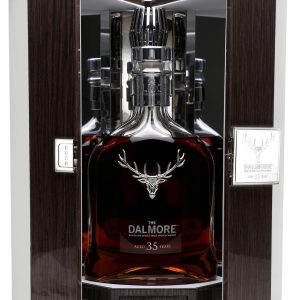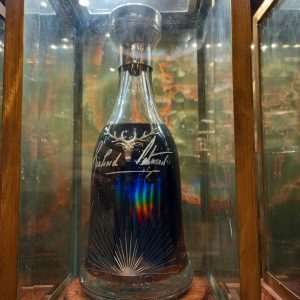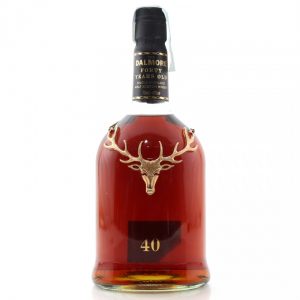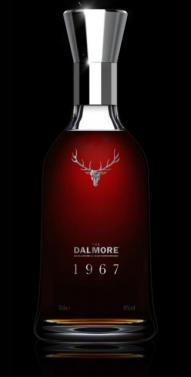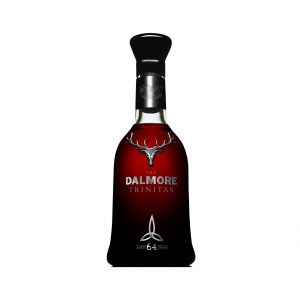DALMORE 1980- AN UNBROKEN CHAIN OF VISIONARY WHISKY MAKERS
Looking back at the history of Dalmore, it is impressive to see that a small corner of the Northern Highlands can contain such a colorful past. The Dalmore Distillery was founded in 1839 by Alexander Matheson, with the property of the Dalmore family occupying the legendary position between Scotches and owned by Scottish royalty for nearly a century. Dalmore bottles are mostly 12 years old, although they have also produced 15-year-olds, 18-year-olds and older. Independent bottles are rare in the distillation. Therefore, the enthusiastic customers will be excited when the distillery continues to release the limited edition The “Decades”, which is limited to 15 sets, will be available of 5 expressions, from 1967 to 2000 and will be released by the end of 2020.
Dalmore 1980 with the name: “An Unbroken Chain of Visionary Whisky Makers” is considered a masterpiece in the journey to reach the world of Dalmore distillery. This 39-year-old single malt is brewed in exclusive Matusalem and then twice into first fill ex-bourbon – spinning maturation journey on its head.
Dalmore 1980 was distilled on October 9, 1980 – a symbol of Mackenzie’s longstanding heritage to the Dalmore distillery and to honor the entrepreneurial spirit that exists in Mackenzie’s family. This can be considered as a limited version of the factory, with a limited number of only 15 bottles released worldwide, each bottle is bottled at a concentration of 40.8%, volume 700ml. The hunt for this limited edition will be extremely difficult for sure.
Since 1868 The Dalmore had been managed by the Mackenzie family. Richard Paterson would work with HAC Mackenzie from 1970 through to the late 1980’s. Sadly, on the 2nd December 1988, The Mackenzie dynasty would come to an end with the passing of HAC Mackenzie..
This single malt was signifying the lasting legacy that the Mackenzie’s gifted The Dalmore distillery, whilst celebrating the entrepreneurial spirit that survives them.. Because in 1956, the distillery replaced the malt with a Saladin box, a large device that could replace the germinated barley inside and allow air to pass through it, but by 1982 the factory abandoned its own malt manufacturing process, instead opting to use malt sources from an industrial distributor.





